12 Classic Rock Artists Who Saw Less Success in the 1980s
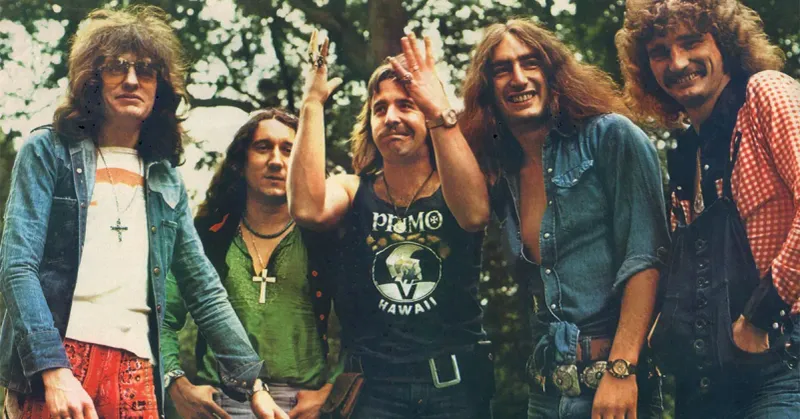
The 1980s marked a major shift in music as new wave, hair metal, and synthesizers took center stage. Many classic rock bands who dominated the charts in the 60s and 70s struggled to adapt to changing tastes. Some legendary groups found their bluesy, guitar-driven sound suddenly out of fashion while MTV and digital production transformed the industry. These 12 classic rock powerhouses faced significant challenges during this transitional decade.
1. Blue Öyster Cult
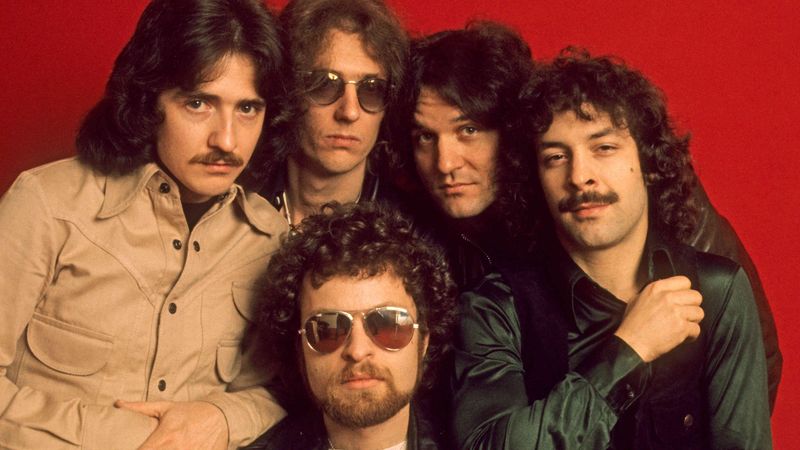
Blue Öyster Cult’s mystical hard rock ruled the 70s with hits like “(Don’t Fear) The Reaper” and “Godzilla.” Their occult imagery and tight musicianship made them arena headliners.
The 80s brought harsh realities as the band’s synthesizer experiments on albums like “Club Ninja” failed to connect with fans or find new audiences. Their signature sound became diluted.
Despite releasing five albums during the decade, none achieved the commercial success of their 70s work. Even their collaboration with sci-fi author Michael Moorcock couldn’t reignite their career as MTV-friendly acts dominated airwaves.
2. The Zombies
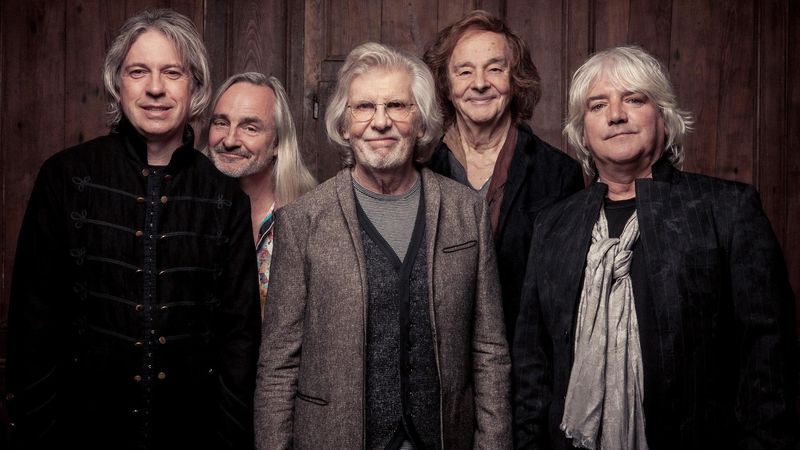
Known for their sophisticated 60s pop sound, The Zombies made waves with “She’s Not There” and the critically acclaimed Odessey and Oracle. Their jazzy harmonies and Colin Blunstone’s distinctive vocals inspired generations of musicians.
By the 80s, the original lineup had long disbanded. Rod Argent found moderate success with his eponymous band while Blunstone released solo material that barely registered on charts.
A brief reunion in 1991 came too late to capitalize on the decade. Their complex melodies and baroque arrangements seemed quaint compared to the bombastic production dominating 80s radio, leaving their legacy temporarily overlooked.
3. The Yardbirds
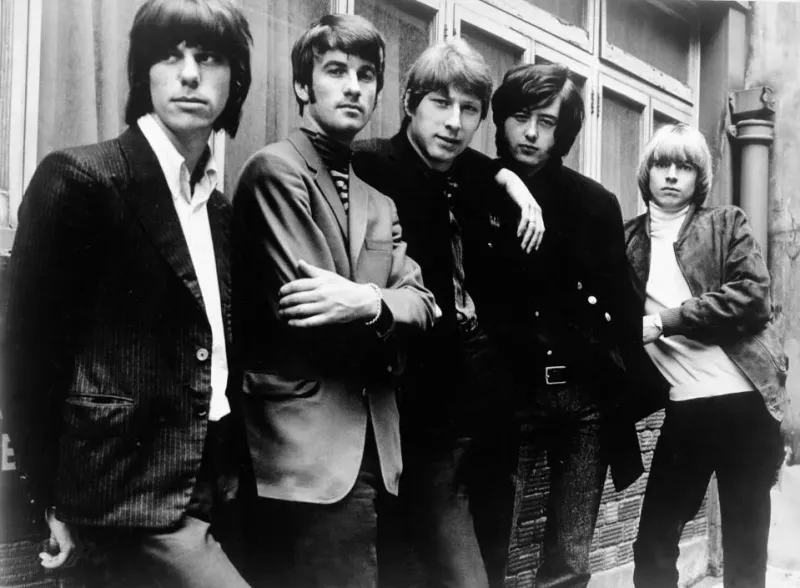
Launching the careers of guitar legends Eric Clapton, Jeff Beck, and Jimmy Page, The Yardbirds were trailblazers of psychedelic blues rock. Their experimental sound on tracks such as “For Your Love” and “Heart Full of Soul” inspired countless artists.
The 80s found the band’s legacy fragmented. Former members had moved to other projects, with Page achieving massive success in Led Zeppelin.
A 1983 reunion attempt with original members Jim McCarty and Chris Dreja failed to gain traction. The blues-rock sound they pioneered seemed outdated in the synthesizer-dominated landscape, leaving this influential band largely forgotten during the decade until 90s revival interest emerged.
4. Thin Lizzy
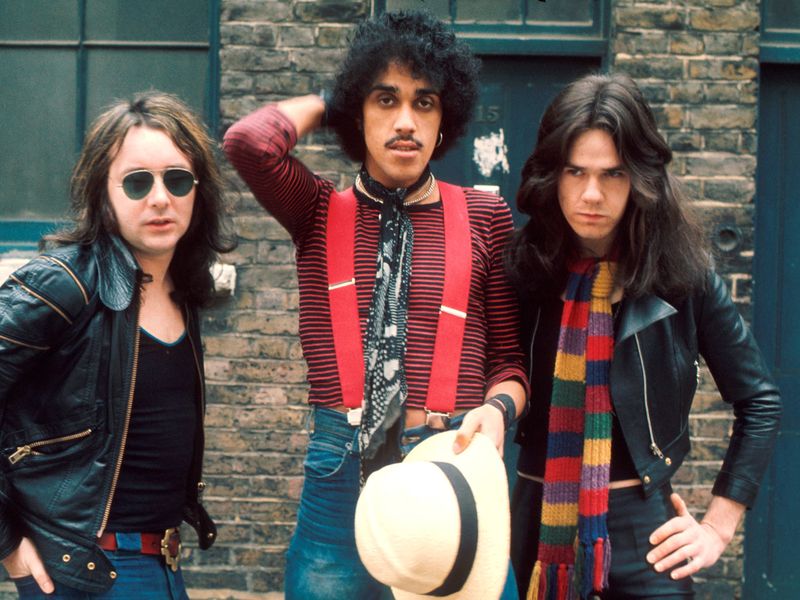
Thin Lizzy’s twin-guitar attack and Phil Lynott’s poetic lyrics created rock classics like “The Boys Are Back in Town” and “Jailbreak.” Their Celtic-influenced hard rock made them 70s superstars, particularly in the UK and Ireland.
The 80s brought tragedy and commercial decline. Their final studio albums with Lynott showed the band struggling to compete with younger, flashier metal acts.
Lynott’s 1986 death from drug-related complications ended any comeback hopes. While their sound directly influenced 80s metal bands like Metallica and Def Leppard, Thin Lizzy themselves couldn’t translate their earlier success to the glam-obsessed decade, despite their musical DNA being present in many hit acts.
5. Bad Company
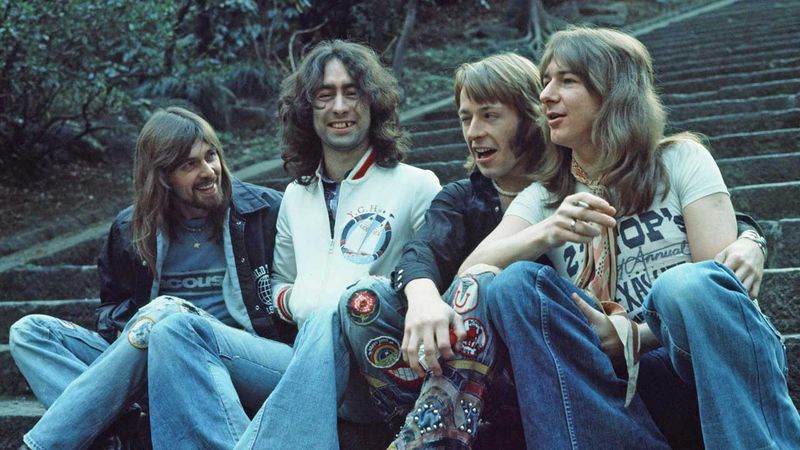
With Paul Rodgers’ powerful vocals and timeless tracks like “Feel Like Makin’ Love” and “Rock ’n’ Roll Fantasy,” Bad Company became a staple of 70s rock radio. Their simple, authentic rock sound resonated with fans nationwide.
The 80s brought lineup changes that altered their sound dramatically. Rodgers departed, replaced by Brian Howe for 1986’s “Fame and Fortune.”
While they achieved some commercial success with a more polished sound on “Holy Water,” many longtime fans rejected this new incarnation. The raw blues power that defined their classic period was replaced with keyboard-heavy production and pop-metal sensibilities, creating what many considered an entirely different band wearing the same name.
6. Humble Pie
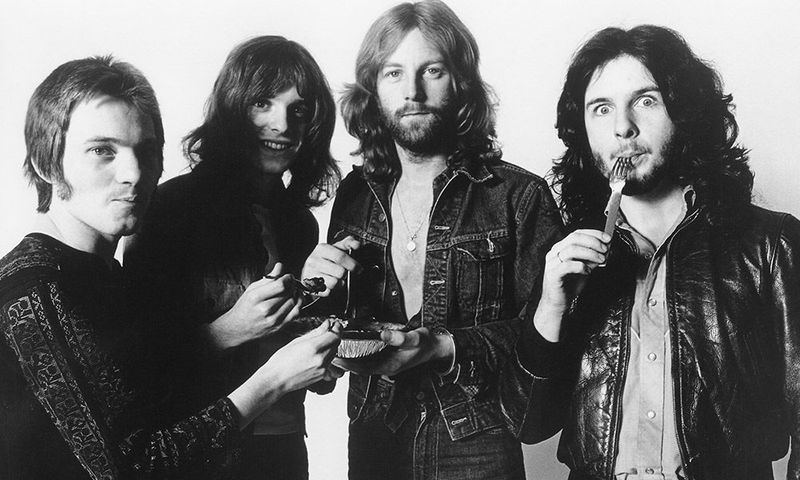
Humble Pie blended blues, hard rock and soul into a powerful brew with Steve Marriott’s explosive vocals leading the charge. Their live album “Performance Rockin’ the Fillmore” captured their raw energy and made them arena headliners in the early 70s.
The 80s proved harsh as musical tastes shifted. Marriott attempted to revive the band with different lineups, but couldn’t recapture their former glory.
Record company problems and changing trends pushed them further into obscurity. While their bluesy hard rock influenced countless bands, Humble Pie themselves became largely forgotten during the decade, with Marriott’s remarkable voice and stage presence reaching far fewer ears than their musical legacy deserved.
7. Mott the Hoople
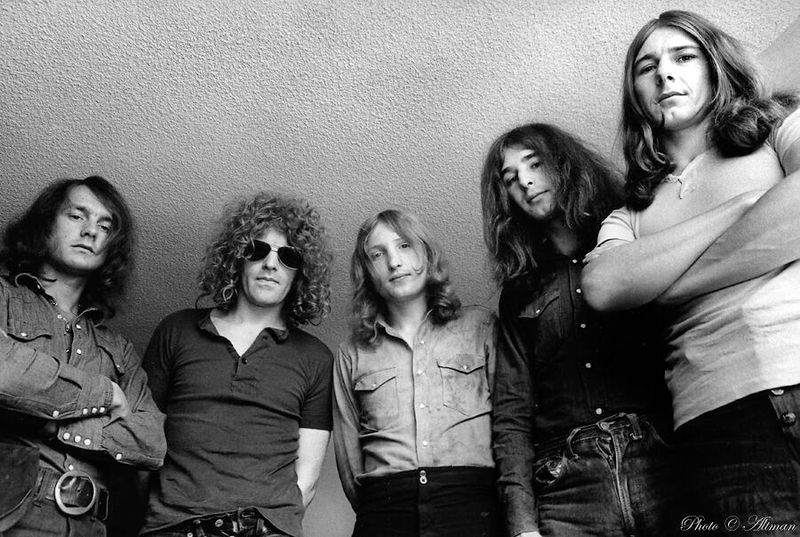
With their blend of gritty rock and glam flair, Mott the Hoople created classics like “All The Young Dudes,” a song given to them by David Bowie. Their passionate stage presence and Ian Hunter’s distinctive voice made them influential figures in 70s punk and new wave.
The 80s saw the band completely disbanded. Hunter pursued a solo career with moderate success, while other members formed Mott with diminishing returns.
Their theatrical rock approach actually influenced many 80s acts, but Mott themselves couldn’t capitalize on this legacy. The very new wave bands they helped inspire pushed them off the charts, creating the ironic situation where their musical DNA lived on while the original creators struggled for recognition.
8. Grand Funk Railroad
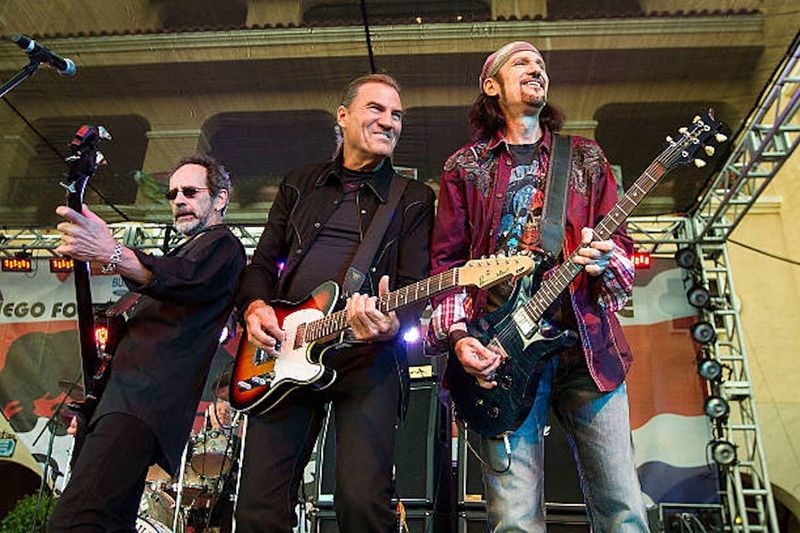
Grand Funk Railroad packed stadiums in the early 70s with their high-energy performances and blue-collar rock approach. Despite critical disdain, hits like “We’re An American Band” and “Some Kind of Wonderful” made them people’s champions.
The 80s brought commercial decline and multiple breakups. Their attempt to adapt with more commercial sounds on “Grand Funk Lives” (1981) failed to recapture their audience.
Their straightforward rock approach seemed outdated amid the flashy production of the decade. While they briefly reformed for 1983’s “What’s Funk?,” the album’s poor reception confirmed their moment had passed, leaving this once-massive arena act struggling to fill smaller venues as musical tastes evolved.
9. Steppenwolf
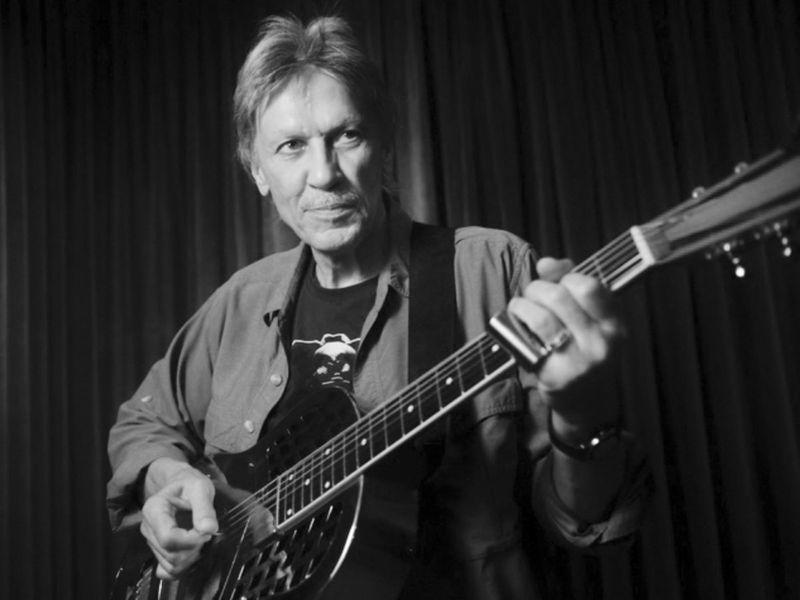
The legendary biker anthem “Born to Be Wild” came from Steppenwolf, whose hard rock sound was fronted by John Kay’s distinctive growl. Their connection to counterculture and dynamic music made them icons of the late ’60s and early ’70s.
The 80s witnessed multiple unsuccessful reformation attempts. Kay struggled to maintain a consistent lineup while their heavy sound seemed increasingly dated.
Albums like 1982’s “Wolf Tracks” failed to capture public attention despite the band’s historical importance. The very phrase “heavy metal” that they popularized in “Born to Be Wild” now described music that had evolved far beyond their blues-rock roots, leaving Steppenwolf as respected pioneers whose time in the spotlight had passed.
10. Foghat
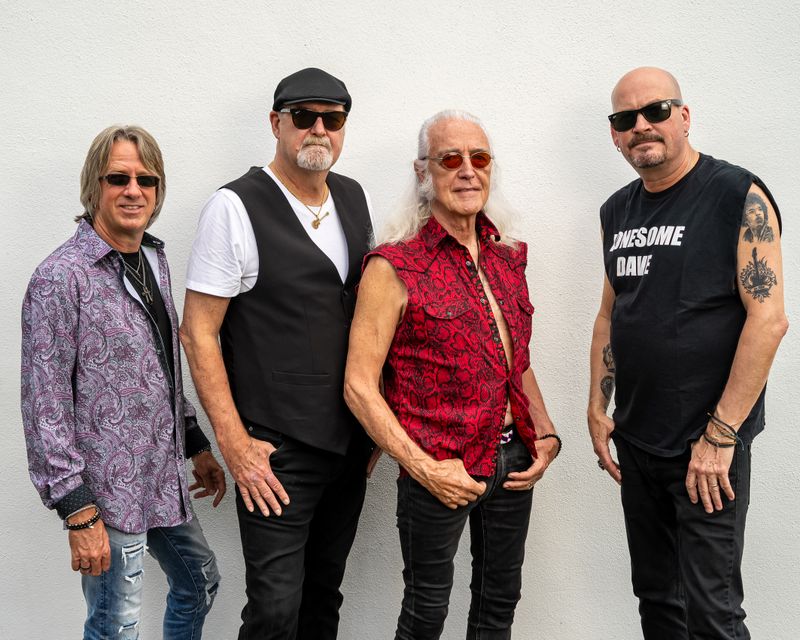
Foghat’s infectious boogie rock made “Slow Ride” and “Fool for the City” radio staples in the 70s. Their relentless touring and accessible blues-rock formula built a dedicated following of denim-clad fans.
The 80s proved challenging as their straightforward approach fell out of fashion. Albums like 1983’s “Zig-Zag Walk” showed the band struggling to update their sound.
Personnel changes further diluted their identity. While their slide guitar-driven boogie had influenced southern rock and even some early hair metal, Foghat themselves couldn’t translate their earlier success to the digital age. Their organic, analog sound seemed increasingly anachronistic as drum machines and synthesizers dominated rock production.
11. Uriah Heep
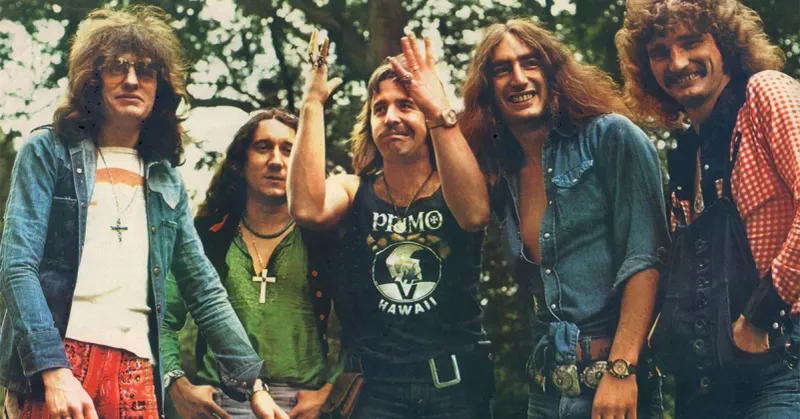
Combining complex progressive rock elements with hard rock energy, Uriah Heep delivered hits such as “Easy Livin'” and “The Wizard.” Their signature five-part harmonies and mythical themes set them apart and built them a devoted international following.
The 80s brought constant lineup changes and diminishing commercial returns. Albums like “Abominog” showed them attempting to modernize with more commercial production.
While they maintained popularity in Germany and Eastern Europe, their UK and US presence faded significantly. The very keyboard-heavy sound they pioneered was now being used in different ways by new wave and pop-metal bands, leaving Uriah Heep struggling to differentiate themselves in a crowded marketplace they had helped create.
12. The Hollies
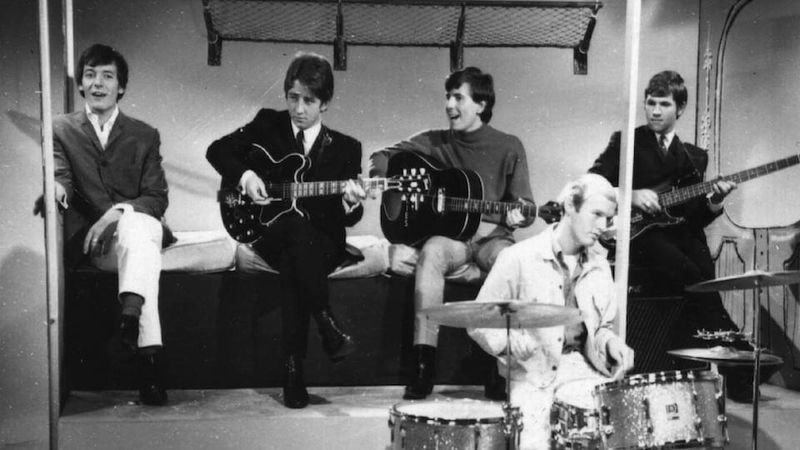
Known for their impeccable three-part harmonies and engaging melodies, The Hollies produced standout British Invasion pop. Their hits “Bus Stop” and “Carrie Anne” exemplify their vocal excellence and songwriting craft.
The 80s saw their distinctive sound struggling to find a place. Despite Graham Nash’s success with Crosby, Stills & Nash, The Hollies couldn’t translate their earlier popularity to the new decade.
Their 1983 reunion with Nash produced the album “What Goes Around…” but failed to chart significantly. The rich vocal harmonies that once defined their sound seemed quaint compared to the electronic production dominating 80s pop, leaving this influential vocal group largely overlooked until renewed interest in the 90s.

Comments
Loading…